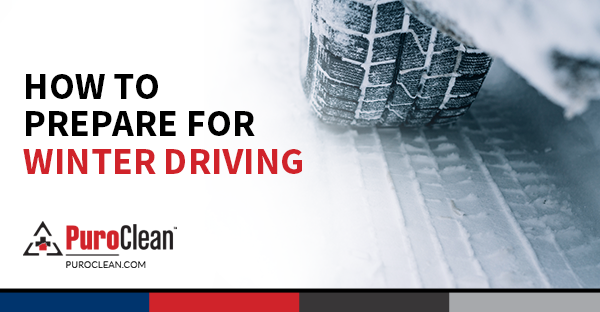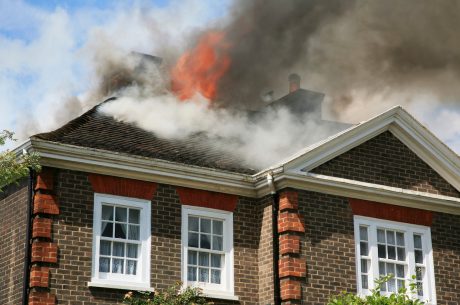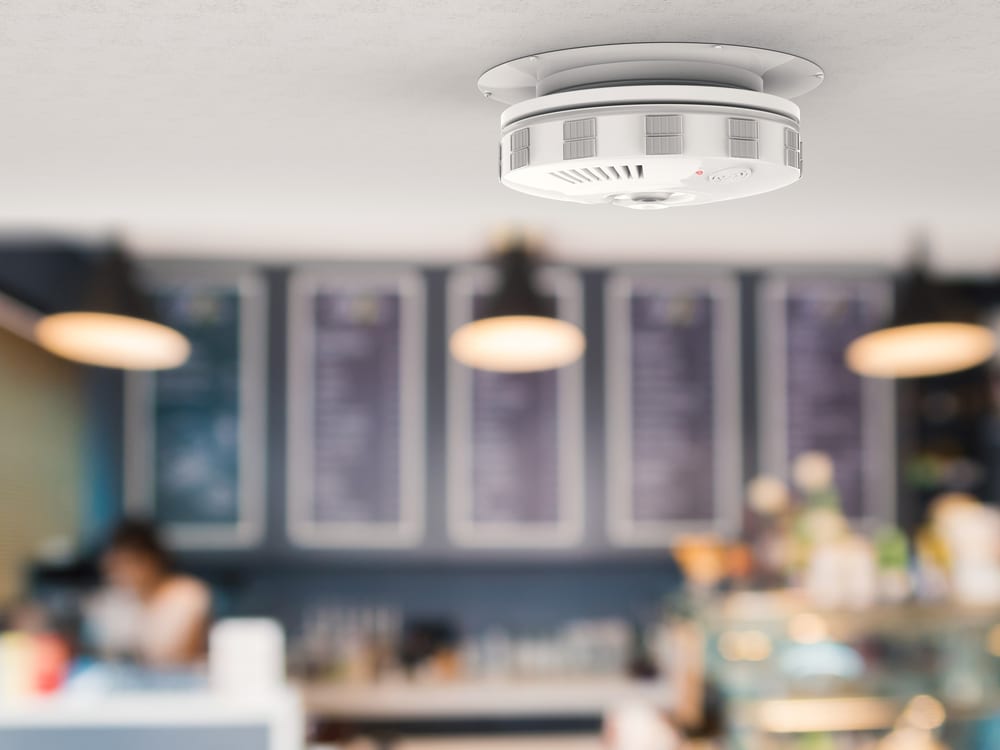
Water is essential for life and living, but like every other thing, it is only safe when found in the right place and at the right time, in the right quantity. Water damage has rendered many families devasted and even homeless. This article will show you 5 ports of entry through which water could get into your home and potentially cause damage, and how to fix or avoid them.
- Roof leakage

This is probably the most difficult to detect, because hey, who checks the roof, right? Well, when it rains, damaged or broken roofing materials give way for water to seep into the house and cause damage to property.
One of the reasons this is further difficult to detect and correct is because the water that flows from this leaking roof first settles in the ceiling, leaving the house owner in the dark, until the damage is significant enough to be noticed. This is usually when the ceiling is also damaged and the water begins to seep through the ceiling.
Prevention & Correction
To protect your home against this risk, try to ensure that your roofing is properly done, and carry out periodic checks, preferably at the beginning of the rainy season, for any damages on your roofing.
You can also randomly check suspected parts of your ceiling for wetness if you suspect a leak already.
- Wall cracks

This is easier to identify than roof leakages. Your walls are the largest protectors of your home from external factors and as such are the most exposed to elements of weather and nature, including water. Cracks in walls, especially exterior walls can be caused by tectonic movement, inferior or faulty building materials, or poor footing designs.
They allow for water seepage, which can put your home at risk of water damage.
Prevention & Correction
In order to avoid water seepage and avert further damage, it is crucial to patch up any cracks left over from water damage and to take precautions like waterproofing the basement.
If the cracks are very large, you should contact the services of a professional home renovator as soon as you can.
- Floors

Seepages from the floor of your house can cause damage to the house. This can come as a result of a rise in the water table, a shift in the soil beneath the house or even activity by pests.
Cracks in the foundation of your house are also another leading cause of structural damage, leaving your home vulnerable to rainwater and groundwater damage.
Prevention & Correction
Regular observation of changes in the sound of your footsteps while walking across the floor of your house can point out if there is a problem with your floor, although this isn’t a standard safety check.
In the event of the appearance of cracks in your floor, you could use hydraulic cement to fix it if it’s very small, but significant damages require that you consult the services of professional home repairers
- Windows and vents

This might appear common sense, but open windows are a significant cause of water damage in the home. Not only do open windows pose a threat, but old and worn-out windows also constitute a risk to the safety of your home.
Windows not only allow rainwater into the house, but they also develop condensation, which can result in water damage. In most cases, the rain just affects the window sill and frame, but in cases of extreme rain, the floor or neighbouring furniture may also be affected.
Prevention & Correction
To protect your home from this risk, it is advisable that windows are permanently shut whenever it rains or when there is no one at home, and that old, broken, or worn-out windows are replaced immediately.
- Damaged water channels (burst pipes)

Leaking and bursting pipes can cause water damage in the house if undetected and not corrected. Pipes run through your walls and floors and into your appliances, but they corrode with age. They could also suffer from physical defects and may have not even been properly installed in the home.
Such leakages may be hard to detect and track to the source because of the flow of water, and this can be a nightmare for any homeowner, especially if you hardly spend a lot of time at home.
Prevention & Correction
To prevent the occurrence of this damage in your home, it is best suggested that you have a plumber regularly examine your water system, and promptly replace any worn-out pipes.
If you detect the sound of leakage or spilling water through a wall, it is best advised that you contact your plumber immediately.
Now that you know the 5 common ways your home can suffer water damage, you are better informed to protect your home. If you ever have your house partially or fully damaged by water, we are expert home renovators and would be happy to help you get your home back in no time.
Feel free to get in touch with us today!



 PuroClean of Huntington Park LA
PuroClean of Huntington Park LA